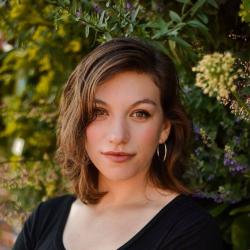October 27 marked the close of the Synod of Bishops on the Amazon, a summit organized to foster conversation on pastoral ministry and ecological concerns in the Amazon region. Although the synod report has not been released yet, many predict that it will reflect just how deep the roots of Marxist liberation theology — or ecology — have grown in Latin American Catholicism.
In an article published at The Catholic World Report, Samuel Gregg writes that following the collapse of Communism thirty years ago, many Latin American liberationist theologians failed to substantially re-asses their Marxist ideology and instead moved their Marxist commitments towards the environment. “One feature of many pre-1989 liberation theologies was their relative silence about the life which Christianity teaches lies beyond death,” writes Gregg. “It wasn’t that they denied it outright. Rather, their focus was almost exclusively upon earthly injustices and overcoming them.” The same pattern of thinking exists in the minds of liberation ecologists.
Gregg traces the history of “environmental liberation” from James Lovelock to Leonardo Boff, revealing the biological egalitarianism, even pantheism, underlying their thinking. Liberation ecology draws heavily from the liberation theology predating 1989, argues Gregg, and “the consequent damage inflicted by radical liberation ecology upon Catholicism’s ability—even willingness—to evangelize Latin Americans is likely to be deep and lasting.”

